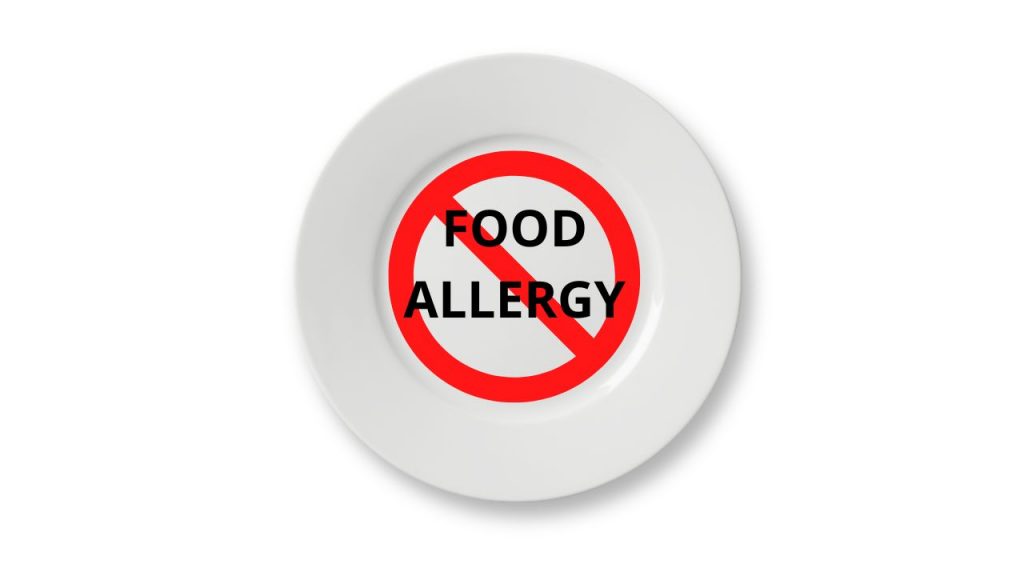13. Not being mindful of portion sizes

Portion sizes are an important aspect of healthy eating, as eating too much can lead to weight gain and other negative health consequences. Not being mindful of portion sizes can make it more difficult to control your calorie intake and make it harder to reach your weight loss or health goals.
There are a few different reasons why people might not be mindful of portion sizes. One reason is that people may be eating out of habit or emotional need, rather than because they’re hungry. Another reason is that people may be influenced by external factors, such as the size of their plate or the amount of food others are eating. Finally, people may be unaware of appropriate portion sizes, which can make it harder to judge how much they’re eating.
To be mindful of portion sizes, it’s important to pay attention to your hunger and fullness cues and stop eating when you’re satisfied, rather than stuffed. It can also be helpful to use measuring cups or a food scale to help you gauge appropriate portion sizes, especially when you’re first starting. You can also try using smaller plates to help you control portion sizes, as this can help make smaller portions look more visually appealing.
In addition to being mindful of portion sizes, it’s also important to choose nutrient-dense, high-quality foods. This can help you get the most nutrition for your calorie intake, which can help you feel more satisfied and may make it easier to stick to your diet meal plan.
Overall, being mindful of portion sizes is an important part of healthy eating and can help you reach your weight loss or health goals. It’s important to pay attention to your hunger and fullness cues and choose nutrient-dense foods to support overall health.
14. Not considering food allergies or sensitivities

Not considering food allergies or sensitivities is a common mistake that people make when starting a new diet meal plan. Food allergies and sensitivities can have a major impact on your health and can cause a range of symptoms, including digestive issues, skin rashes, and difficulty breathing. Ignoring food allergies or sensitivities can lead to discomfort and may even be life-threatening in severe cases.
It’s important to be aware of any food allergies or sensitivities that you have and to take steps to avoid these foods. This may involve reading labels carefully, asking questions when eating out, and being cautious when trying new foods.
If you are unsure whether you have a food allergy or sensitivity, it’s a good idea to speak with a healthcare professional. They can help to determine the cause of your symptoms and provide guidance on how to manage them.
In summary, not considering food allergies or sensitivities is a mistake that people often make when starting a new diet. Food allergies and sensitivities can have a major impact on your health and can cause a range of symptoms. Be sure to be aware of any food allergies or sensitivities that you have and take steps to avoid these foods to avoid discomfort and protect your health. If you are unsure whether you have a food allergy or sensitivity, seek guidance from a healthcare professional.